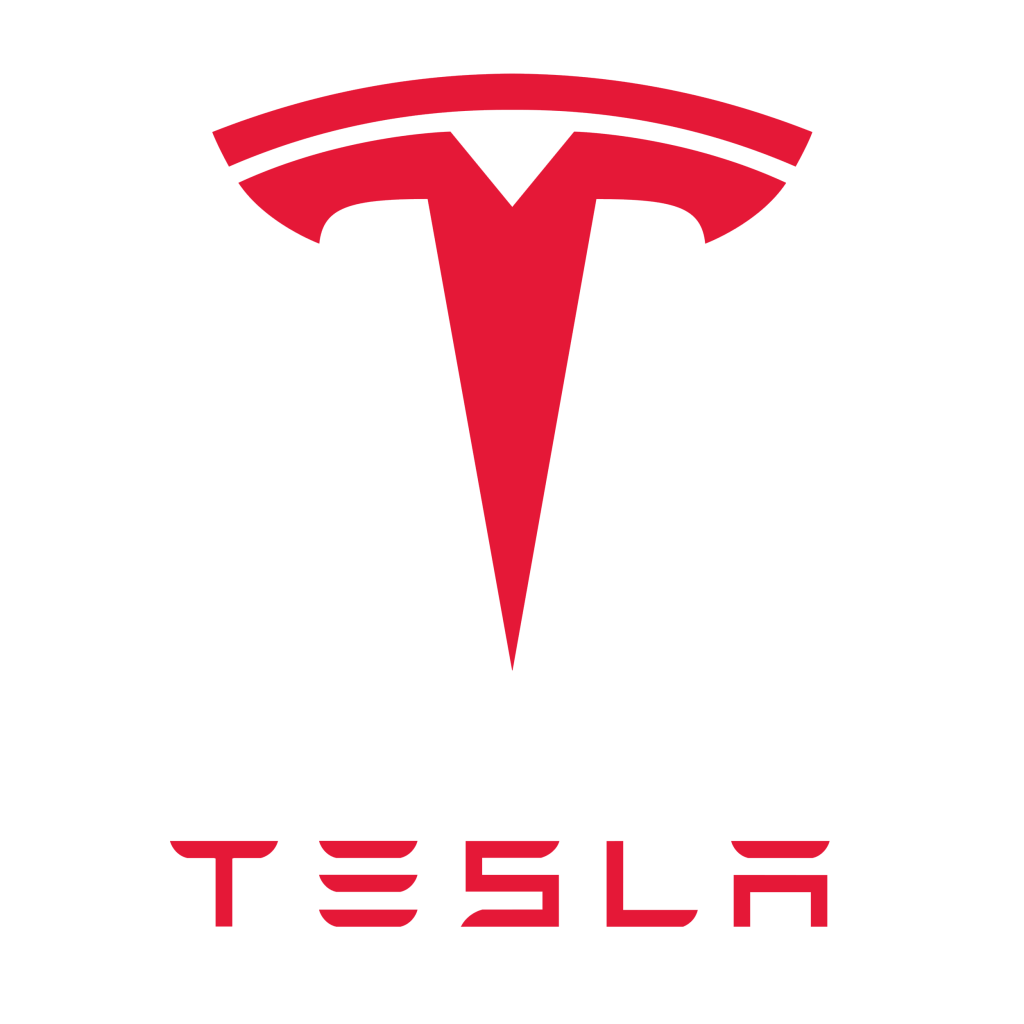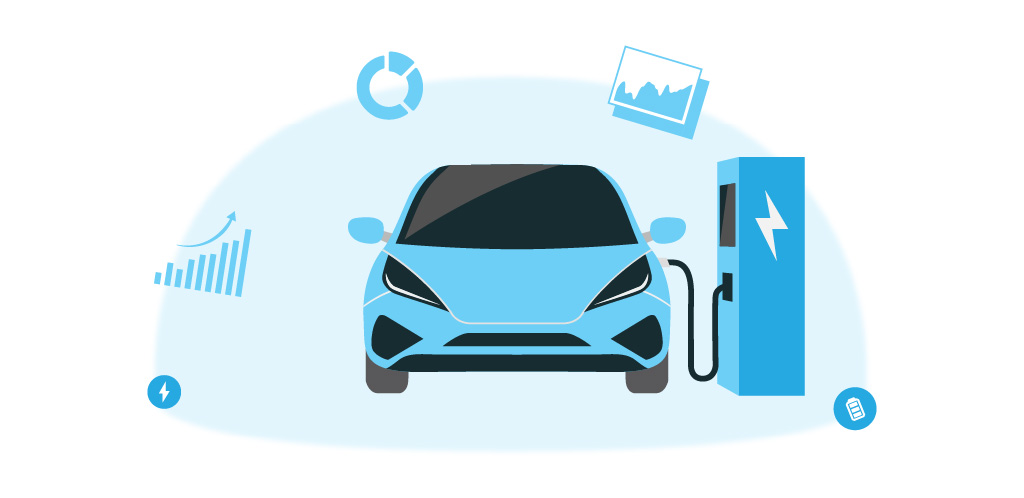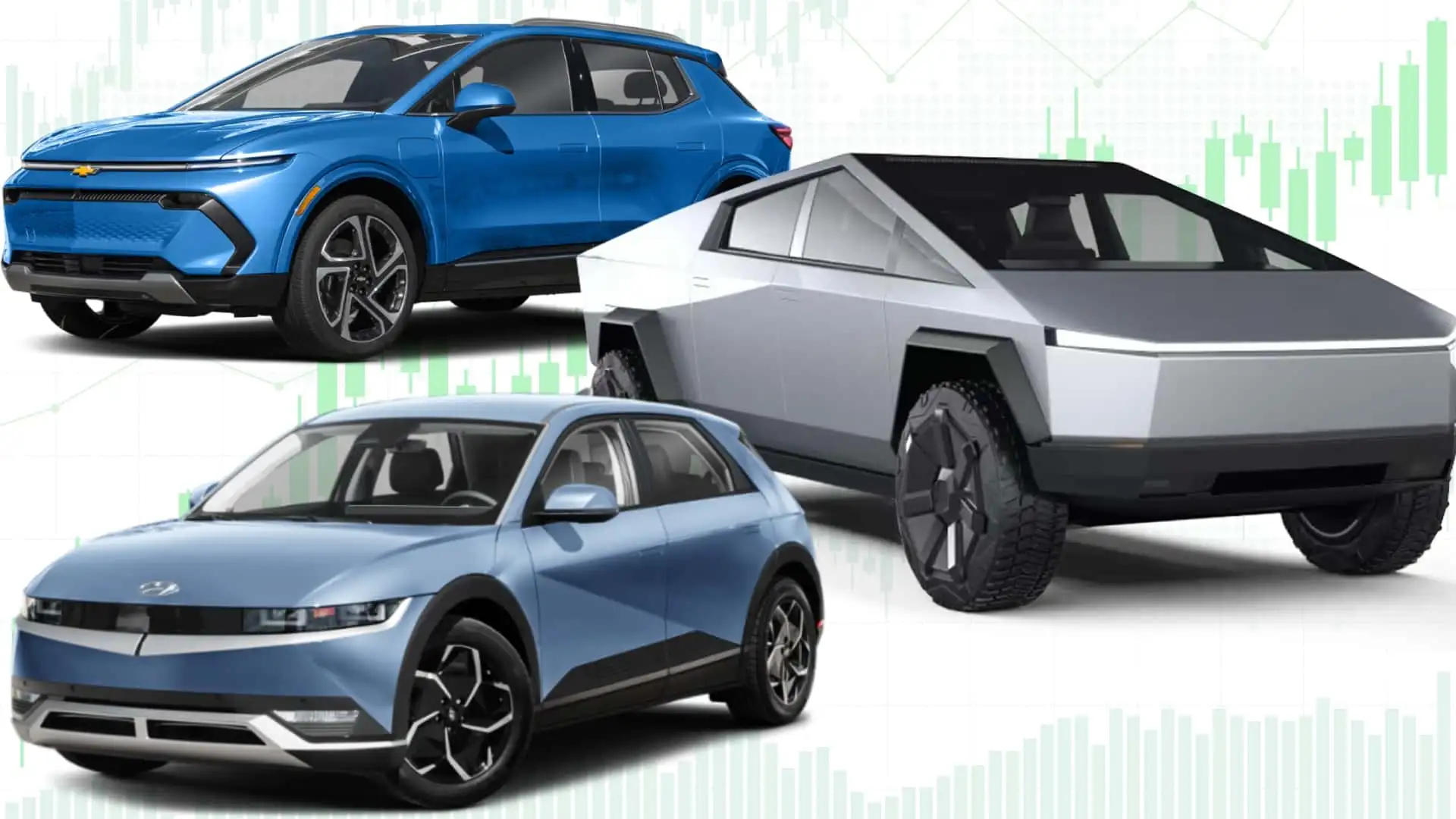The Rise of Electric Vehicles
Electric vehicles have been steadily gaining traction over the past decade, thanks to advancements in technology, increased environmental awareness, and supportive government policies. However, the third quarter of 2024 witnessed an unprecedented surge in EV sales, pushing the market share of electric vehicles to 8.9% of total auto sales, up from 7.8% the previous year. This growth is indicative of a broader shift towards sustainable transportation solutions.
Tesla’s Dominance

Tesla has been a pioneer in the electric vehicle market, and its dominance in Q3 2024 is a testament to its innovative approach and strong brand appeal. The company’s Model 3, Model Y, and Model S occupied the top three spots in EV sales, reflecting consumer confidence in Tesla’s offerings. Several factors contribute to Tesla’s success:
-
Innovation and Technology: Tesla’s continuous investment in research and development has resulted in cutting-edge technology and features that set its vehicles apart. The company has introduced innovations such as advanced autopilot systems, long-range batteries, and over-the-air software updates, enhancing the overall driving experience.
-
Brand Loyalty: Tesla has cultivated a loyal customer base through its commitment to quality and performance. The company’s strong brand identity and visionary leadership under Elon Musk have resonated with consumers, further boosting sales.
-
Charging Infrastructure: One of the critical challenges for EV adoption has been the availability of charging infrastructure. Tesla’s extensive Supercharger network has addressed this issue, providing a reliable and convenient charging solution for its customers. This network has played a crucial role in alleviating range anxiety and encouraging more people to switch to electric vehicles.
Factors Driving the Surge in EV Sales

Several factors have contributed to the remarkable increase in EV sales in the third quarter of 2024:
-
Government Incentives: Federal and state governments have introduced various incentives to promote the adoption of electric vehicles. These include tax credits, rebates, and grants for EV buyers, as well as subsidies for charging infrastructure development. These incentives have made electric vehicles more affordable and appealing to a broader audience.
-
Environmental Concerns: Growing awareness of climate change and environmental degradation has prompted consumers to seek sustainable alternatives to traditional gasoline-powered vehicles. Electric vehicles, with their zero-emission capabilities, offer a viable solution to reduce greenhouse gas emissions and combat air pollution.
-
Rising Fuel Costs: The increasing cost of gasoline has made electric vehicles a more economically viable option for consumers. The lower operating costs of EVs, including reduced maintenance and fuel expenses, have further strengthened their appeal.
-
Technological Advancements: Continuous improvements in battery technology have resulted in longer driving ranges and shorter charging times for electric vehicles. These advancements have addressed some of the primary concerns associated with EV adoption, making them a more practical choice for everyday use.
-
Automaker Commitments: Major automakers have announced ambitious plans to transition to electric vehicles, investing heavily in EV research, development, and production. Companies like General Motors, Ford, and Volkswagen have set targets to electrify their fleets, introducing new models and expanding their EV offerings.
Implications for the Automotive Industry
The surge in EV sales has significant implications for the automotive industry:
-
Market Transformation: The growing popularity of electric vehicles is reshaping the automotive market. Traditional automakers are being forced to adapt to the changing landscape by ramping up their EV production and phasing out internal combustion engine (ICE) vehicles. This transformation is driving innovation and competition within the industry.
-
Supply Chain Adjustments: The shift towards electric vehicles requires a reconfiguration of the automotive supply chain. Key components such as batteries, electric motors, and charging infrastructure are becoming increasingly important. Automakers and suppliers are investing in new manufacturing facilities and technologies to meet the demand for these components.
-
Job Creation and Skills Development: The transition to electric vehicles is creating new job opportunities in areas such as battery production, EV assembly, and charging infrastructure development. However, it also necessitates reskilling and upskilling for workers in the automotive industry to adapt to the changing technology and production processes.
Environmental and Economic Impact
The rise in electric vehicle sales has far-reaching environmental and economic implications:
-
Reduction in Emissions: The widespread adoption of electric vehicles is expected to lead to a significant reduction in greenhouse gas emissions. EVs produce zero tailpipe emissions, contributing to cleaner air and improved public health. This shift is crucial in mitigating the impacts of climate change and achieving global emission reduction targets.
-
Economic Growth: The growing EV market is driving economic growth by stimulating investment in new technologies and infrastructure. This includes the development of battery manufacturing plants, charging stations, and renewable energy projects. The increased demand for EVs is also boosting sales and revenue for automakers, contributing to economic stability and growth.
-
Energy Transition: The rise of electric vehicles is accelerating the transition to renewable energy sources. As the demand for electricity increases, there is a greater need for clean energy to power EVs. This shift is driving investments in solar, wind, and other renewable energy projects, supporting the global transition to a sustainable energy future.
Conclusion
The record-breaking surge in electric vehicle sales in the third quarter of 2024 marks a pivotal moment in the U.S. automobile industry. Tesla’s dominance in the EV market, coupled with supportive government policies, technological advancements, and increasing consumer awareness, has propelled the industry towards a more sustainable future. The implications of this shift are profound, reshaping the automotive market, driving economic growth, and contributing to environmental sustainability. As the world continues to embrace electric vehicles, the road ahead promises to be one of innovation, progress, and positive change.

